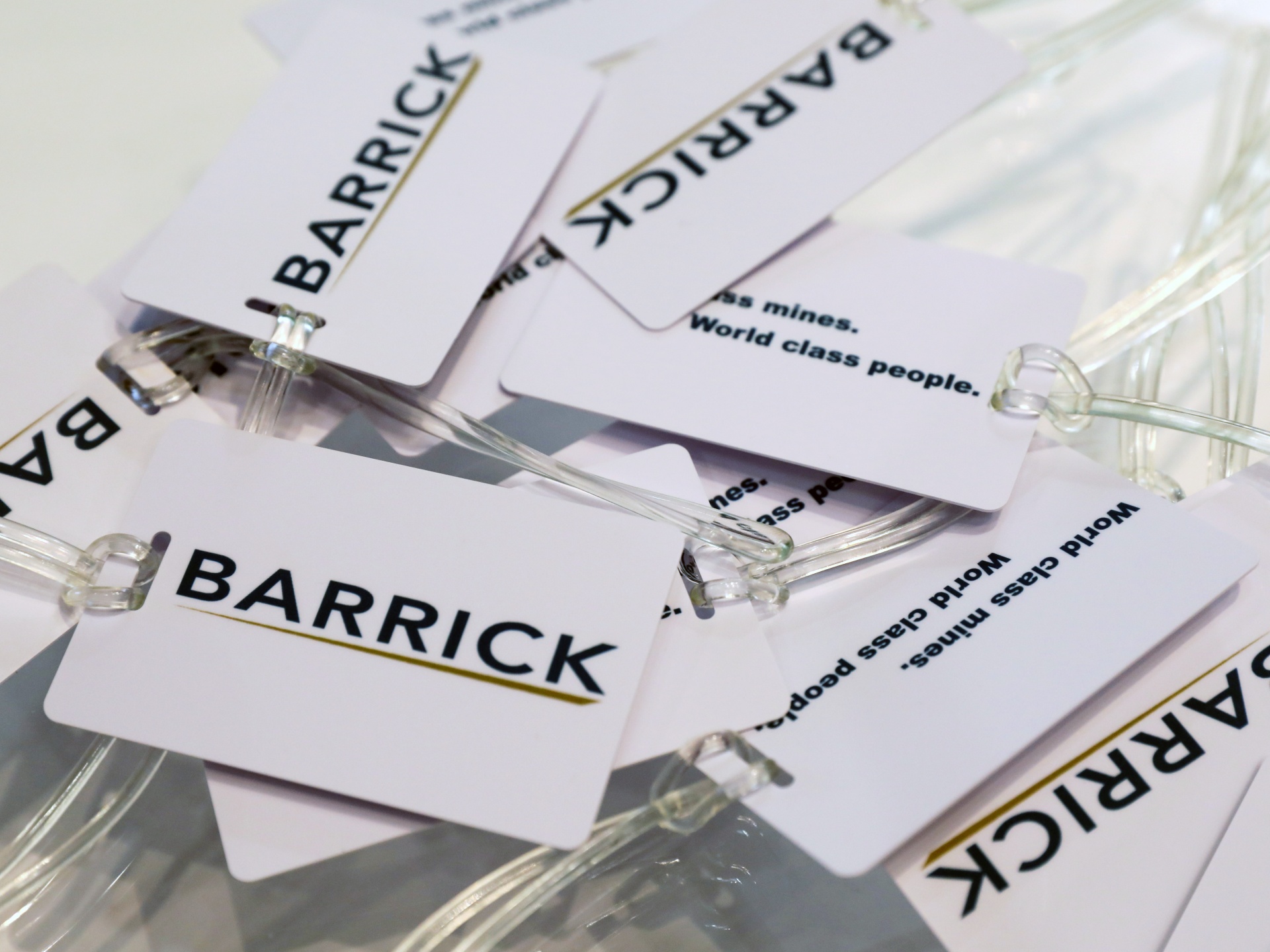Tanzanian villagers accuse Canadian mining giant of being complicit in killings and torture at the North Mara gold mine.
A group of Tanzanian villagers is suing Canadian mining giant Barrick Gold over alleged police killings, torture and other abuses at a gold mine in northwestern Tanzania.
The claim, filed in the Superior Court of Justice in Ontario, Canada on Wednesday, accuses the world’s second-biggest gold miner of being complicit in extrajudicial killings by police guarding its North Mara facility, located about 30km (18 miles) from the border with Kenya.
The plaintiffs include relatives of five men killed by Tanzanian police assigned to the mine, according to the filing. Nine of the plaintiffs were themselves beaten or shot by the police, it said.
The claim states that residents routinely enter “waste rock areas” at North Mara to retrieve rocks with trace amounts of gold, which they process and sell. Police there have responded violently to people entering the mine, the lawsuit said.
It also claims that Barrick “has had effective and practical control” over Tanzanian police stationed at the mine and that the company’s security agreements with the police effectively make them the mine’s “private and heavily armed security force”.
“The action by the plaintiffs, who are members of the Indigenous Kurya community amongst whose villages in northern Tanzania the mine has been built, concerns brutal killings, shootings and torture that they allege were committed by police engaged to guard the mine,” RAID, a corporate watchdog, said in a statement on Wednesday.

A Barrick Gold spokesperson told the Reuters news agency that the company had received a copy of the legal action and that it “is riddled with inaccuracies”.
The spokesperson said the lawsuit “attempts to advance claims against Barrick Gold Corporation in Ontario based on alleged actions of the Tanzanian police, even though Barrick exercises no control or direction of any nature over the Tanzanian police”.
“We intend to vigorously defend against these allegations in the appropriate forum,” she said.
This is the first case filed against Barrick Gold in a Canadian court for alleged violations abroad. It comes after the country’s top court in 2019 ruled that the Canadian company Nevsun Resources Ltd could be sued in Canada for alleged forced labour and other abuses at a mine in Eritrea.
For years, Canadian companies have been accused of being complicit in, or failing to investigate or prevent, alleged rights abuses and environmental harms in their operations outside the country.
Canada “is home to almost half of the world’s publicly listed mining and mineral exploration companies”, Natural Resources Canada, a federal ministry, says on its website.
The firms’ work abroad accounts for most of the profits. In 2020, 730 Canadian mining and exploration companies had assets in 97 foreign countries, valued at $150bn (188.2 billion Canadian dollars), the ministry reports.
While Canada created the office of the Canadian Ombudsperson for Responsible Enterprise (CORE) to monitor business practices involving Canadian companies in the mining and other sectors, advocates say the government needs to do more to rein in abuses.
Wednesday’s claim against Barrick Gold is the seventh human rights case filed by foreign plaintiffs against a mining company in Canada since 2010, according to the Canadian Network on Corporate Accountability.
“We stand in solidarity with these plaintiffs and will be closely following the case. At the same time, we’re asking Ottawa to step up and pass a law to prevent abuses from happening in the first place,” Emily Dwyer, the group’s policy director, said in a statement.
Anneke Van Woudenberg, executive director at RAID, also welcomed the Ontario lawsuit, saying: “Tanzanian communities have been left with little choice but to turn to Canadian courts for justice and an end to the mine’s culture of violence”.
“This case is an important test of whether Canada is prepared to hold its own companies to account for wrongdoing, or whether its legal commitments to human rights are set aside when it comes to people harmed by Canadian companies operating abroad,” she said in a statement.
